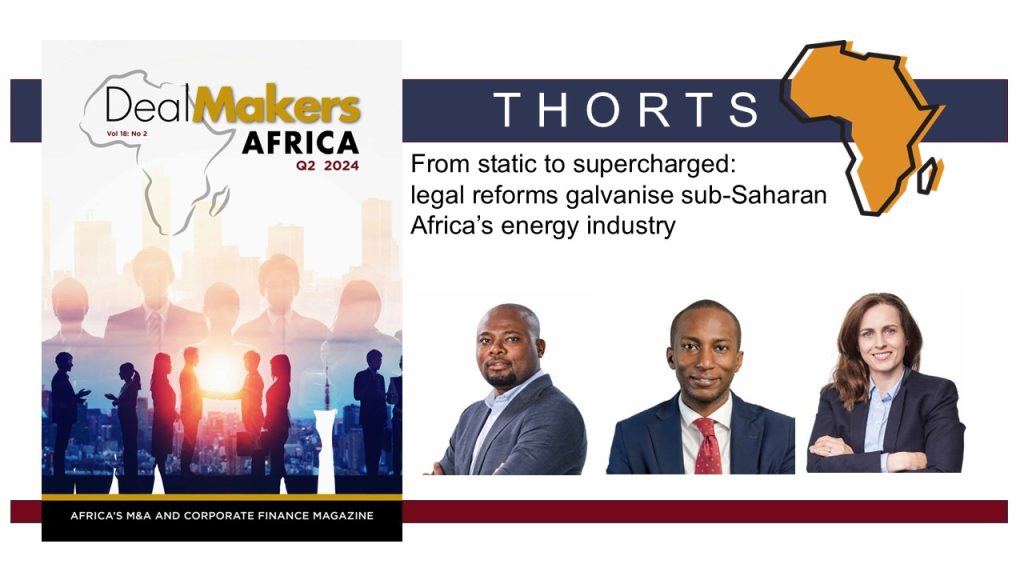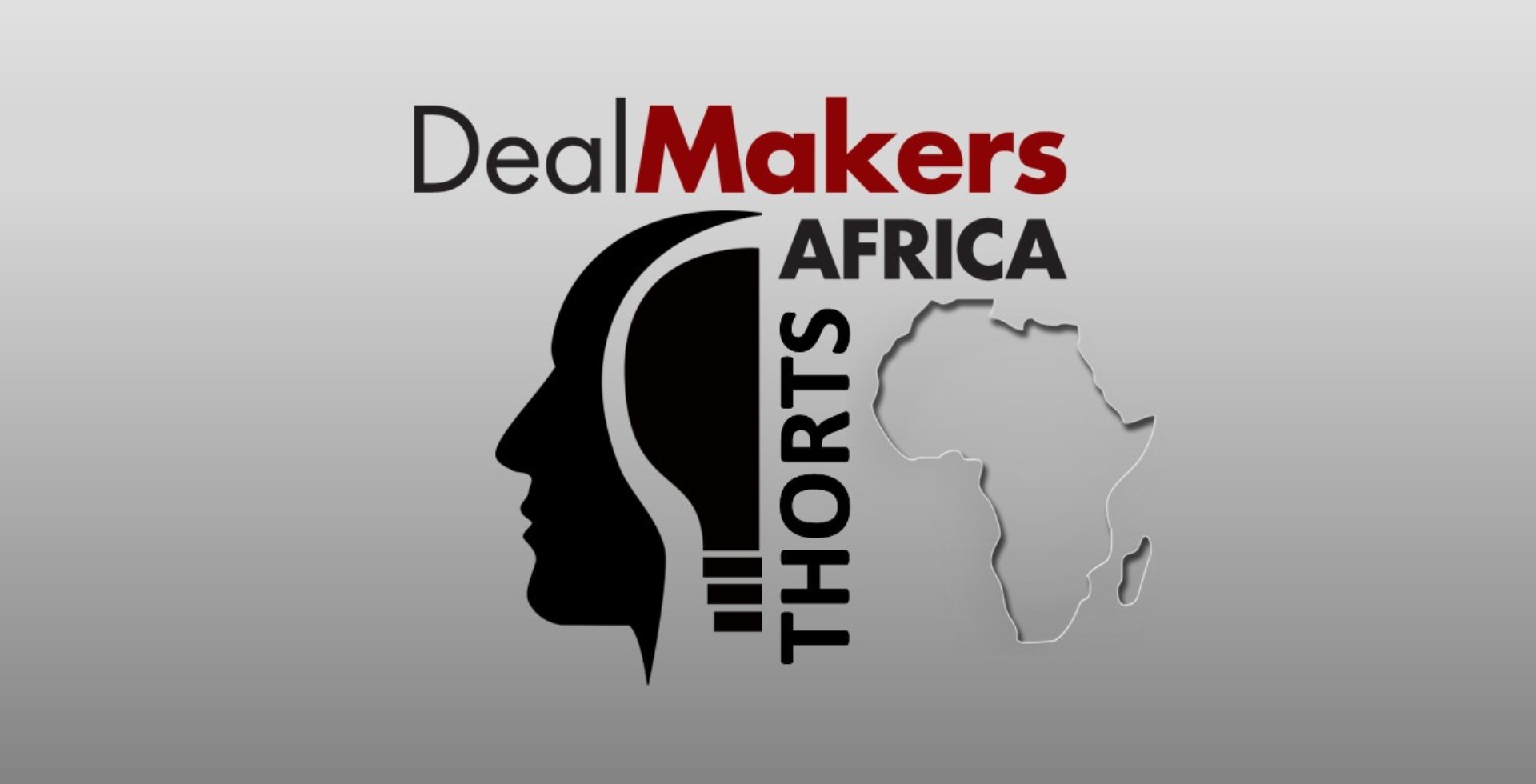The energy sector in sub-Saharan Africa (and related legal frameworks) is experiencing some dynamic changes. It is a tough call to decide where the most exciting developments are occurring, but a few examples spring to mind.
Mauritius, where the Government has pledged to phase out coal and reach 60% renewable energy by 2030.
Or what about Kenya, which is accelerating the transition to electric vehicles by creating a framework for electric vehicle charging and battery-swapping infrastructure, while pursuing a viable carbon trading and credit market?
On the other hand, there is also Namibia, which is overhauling its energy laws and regulations, and Tanzania, which is dramatically changing the way it approaches public-private partnerships (PPPs) in the power sector.
Then there is Zambia, which recently launched its first ever integrated resource plan, and where the use of green bonds to finance renewable solar projects is on the rise.
And South Africa too, whose electricity industry has already seen a whirlwind of changes and is gearing up for more change as the country embraces competition in the electricity supply market.
Trends to watch on the energy front
These six countries are arguably at the forefront of the latest energy developments in sub-Saharan Africa and, while each jurisdiction has its own priorities and regulatory approaches, some common trends can be discerned among them.
They include the growing role of PPPs and independent power producers (IPPs), increased interest in the commercial and industrial (C&I) market, and the rise of renewable energy sources.
Paving the way for these and other developments is a raft of new legislation and regulations, some being taken through the law-making process surprisingly swiftly, signalling a sense of urgency in some governments towards achieving energy security.
In the PPP domain, Tanzania is an interesting example. A key amendment has been made to the Public Private Partnership Act, exempting certain solicited projects from the competitive bidding process. Instead, the change allows the Government to engage directly with individual private parties, which is expected to speed up the execution and delivery of PPP projects.
However, this is subject to strict conditions, urgency being one. Not only must there be an urgent need for the project for the exemption to apply, but the circumstances giving rise to the urgency must not have been foreseeable by the contracting authority. In other words, urgency cannot be manufactured to bypass the usual tender process.
Moreover, the private party concerned must either own the intellectual property rights to the key approaches or technologies required for the project, or have exclusive rights in respect of the project, with no reasonable alternative or substitute being available.
Kenya, too, is placing increased focus on PPPs in the delivery of energy infrastructure, especially in transmission and generation, where the private sector can bring expertise, innovation and capital. The country’s Public Private Partnerships Act, which came into effect in 2022, has created PPP processes that are considered quicker, more flexible and efficient, and less expensive than the previous PPP framework.
Challenges and opportunities for IPPS
Meanwhile, the IPP model is also gaining momentum across the region. In the past 12 months, there has been increased activity in Namibia by IPPs investing in solar projects for industrial use, especially in the mining sector.
Still in Namibia, there has also been an uptick in mergers and acquisitions (M&A) transactions around the acquisition of developers and IPPs, as well as increased due diligence work in green hydrogen.
In South Africa, where the IPP model was first introduced in 2010, the IPP landscape is in for something of a shakeup. The national utility, Eskom, has implemented its new grid access rules, which change the capacity allocation from ‘first come, first served’ to ‘first ready, first served’.
This creates competitive pressure for the IPPs to complete their projects as soon as possible, but also raises questions about the bankability of the power purchase agreements that had already been signed under the previous regime.
At the same time, South Africa is enjoying an increase in the number of private-to-private IPPs that generate and sell electricity directly to commercial and industrial customers. Most of these projects involve wheeling through Eskom’s and/ or municipalities’ grids, giving rise to challenges such as the need for bilateral negotiated agreements between the IPPs, the customers and the grid operators, creating considerable contractual complexity.
Other jurisdictions experiencing growth in C&I markets are Kenya, Tanzania and Zambia. The focus has been on solar projects, increasingly financed through green bonds in Zambia’s case.
As for Mauritius, the country is carrying out its ambitious plans to phase out coal and make renewables its dominant sources of electricity within the next five and a half years. The government has already set up several agencies and authorities to achieve these goals, notably the Mauritius Renewable Energy Agency and the Energy Efficiency Management Office.
Like Kenya, Mauritius is in the fast lane when it comes to promoting the use of electric vehicles and reducing carbon emissions. The island has put in place initiatives such as the Solar PV Scheme for Charging Electric Vehicles and the Carbon Neutral Industrial Sector Renewable Energy Scheme. It is also exploring renewable sources beyond solar, such as biomass, hydro and wind.
The winds of change are blowing in the energy industry in sub-Saharan Africa, bringing with them the prospects of industry renewal, sustainable development and economic growth.
Charles Mmasi and Edwin Baru are Partners and Alison Mellon is a Knowledge and Learning Lawyer in Banking and Finance | Bowmans

This article first appeared in DealMakers AFRICA, the continent’s quarterly M&A publication.
DealMakers AFRICA is a quarterly M&A publication
www.dealmakersafrica.com



